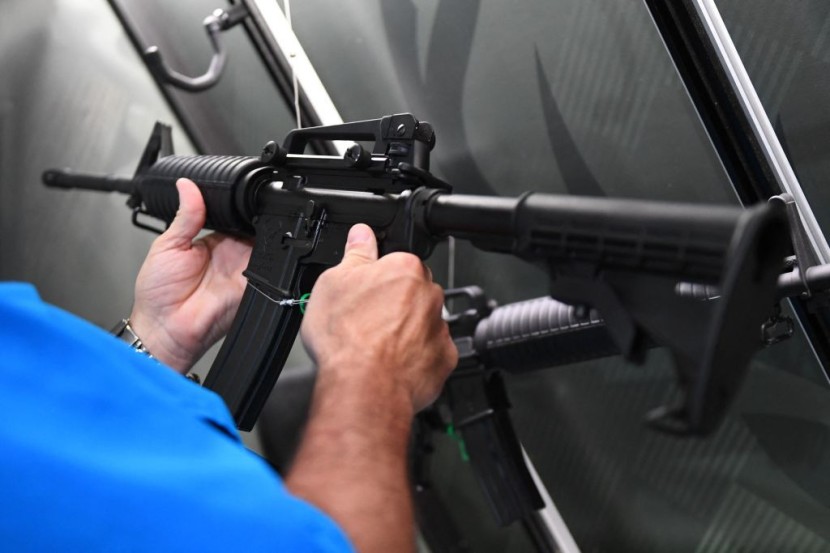Supreme Court justices have agreed to hear legal challenges against the Trump-era bump stock ban that prohibits the use of the attachments on semi-automatic rifles.
United States President Joe Biden's administration urged the justices to uphold the ban, endorsing a rare move by the Trump administration to curtail gun violence after a mass shooting in Las Vegas in 2017.
Bump Stock Ban

In October of that year, a gunman armed with a firearm opened fire at a music festival and killed 58 people while wounding several hundred others. Following the shootings, officials from the Department of Justice (DOJ) initially said that the executive branch did not have the power to ban bump stocks without congressional action.
However, the department later revised its stance and determined that it could impose a ban on the devices on its own. The case revolves around executive power, not the Second Amendment and challengers have argued that the regulation was not authorized by federal laws that largely ban machine guns, as per the New York Times.
A machine gun is defined by the National Firearms Act of 1934 as any weapon "which shoots, is designed to shoot, or can be readily restored to shoot, automatically more than one shot, without manual reloading, by a single function of the trigger." Additionally, the Gun Control Act of 1968 expanded the definition to include parts that could be used to convert a firearm into a machine gun.
Lawyers representing the government told Supreme Court justices that bump stocks may be regulated under those particular laws. One brief in the case, Garland v. Cargill, No. 22-976, noted that like other machine guns, rifles that are modified with bump stocks are capable of firing hundreds of bullets every minute.
The brief quoted earlier findings and noted that the mass shooter in the Las Vegas incident was able to fire several hundred rounds of ammunition in a short period of time using bump stocks. The situation comes as federal appeals courts have issued conflicting rulings on whether or not the regulation was authorized by the laws.
In the Wake of Mass Shootings
The decision to consider a legal challenge to the ban comes as the United States is still reeling from a recent mass shooting. It also comes only a few days before the Supreme Court justices are poised to revisit a landmark Second Amendment opinion from 2022 that expanded gun rights nationwide, according to CNN.
Solicitor General Elizabeth Prelogar argued that bump stocks fall into the definition of a machine gun because of what it does for a shooter handling it. The debate on the matter began when Michael Cargill purchased bump stocks in April 2018.
He then surrendered his devices after the ATF adopted its final rule on the devices but later challenged it by filing a suit in the Western District of Texas. Since then, various courts have issued conflicting decisions on the matter.
Bump stocks were originally designed to make it easier for people with disabilities to fire a firearm. The device itself basically replaces a gun's stock and pistol grip, causing the weapon to buck back and forth. This would repeatedly bump the trigger against the shooter's finger, said Fox News.








